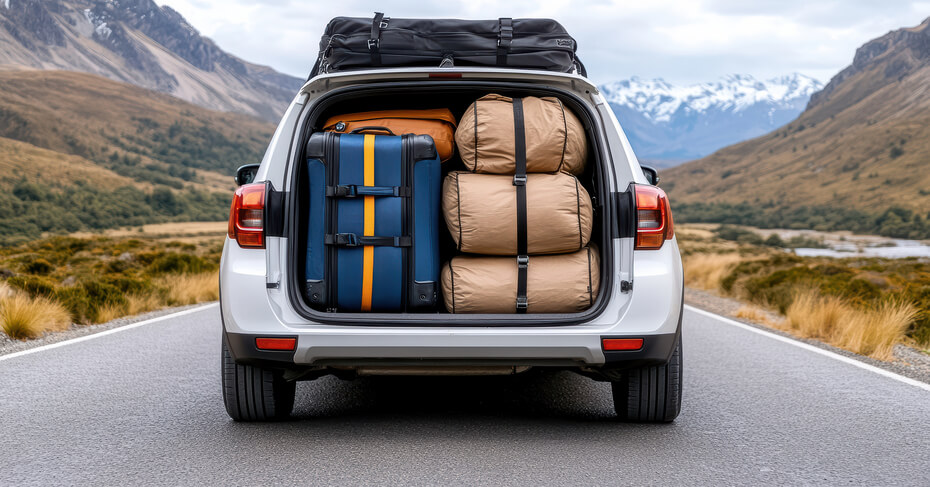
What to Do With Your Car When Moving to a New State

by Erin Anderson
There’s a lot to think about when you move across state lines — new address, new job, new neighborhood. But one thing that often gets overlooked until the last minute? Your car.
Each state has its own rules when it comes to registration, inspections, and insurance requirements. Missing a key step can lead to fines, coverage gaps, or even a suspended license. The good news: once you know what to look for, the process is more manageable than it seems.
If you’re planning a move (or just got settled), here’s what to do with your car to make the transition smooth and stress-free.
Start With Your Registration and Title
Most states give you 30 to 60 days to re-register your vehicle after moving. That usually means updating your title, getting a new license plate, and turning in your old ones. You’ll typically need proof of identity, proof of residency, your old title or registration, and possibly a vehicle inspection.
Pro tip: Don’t delay this step — driving with out-of-state plates past the deadline can get you pulled over or ticketed, especially in stricter states.
Update Your Insurance Policy
Insurance requirements vary by state, so even if your policy is current, it might not meet the new minimum coverage. Your premium could also change — sometimes drastically — based on your new zip code, commute, or even whether your car is now parked on the street vs. a garage.
Call your insurer as soon as you have your new address. They’ll help adjust your policy, and in some cases, you may want to compare quotes altogether — your old provider may not offer the best deal in your new state.
Check for Required Inspections or Emissions Tests
Some states require annual safety inspections. Others have emissions tests to meet environmental regulations. And a few require both before you can even register your car.
Not sure what your new state needs? A quick search on the state DMV website can tell you what to expect — and whether you’ll need to schedule a visit or just show up with paperwork in hand.
Swap Your Driver’s License
Technically not about your car — but still important. Most states require you to transfer your license within 30 days of establishing residency. While you're at the DMV for registration, you can often take care of this in the same trip.
Be sure to bring multiple forms of ID, proof of residency, and your current out-of-state license. You may need to take a vision test (or in rare cases, a written one).
Let Your Lender Know If You’re Still Financing
If you’re still making payments on your vehicle, your lender has a legal interest in the title — and some states require their participation in the re-titling process. Contact them early so they can send any necessary documents directly to your new state’s DMV.
It’s a small step that can prevent a big headache if you're trying to register and don’t have the right paperwork.
The Bottom Line
Relocating is already a lot of work — but taking care of your car properly can help you avoid extra costs and keep your insurance valid. From registration and inspections to insurance updates and lender notifications, it’s all about checking the boxes early and staying ahead of deadlines.
And while you’re settling in, it’s also a good opportunity to reassess your car insurance. Rates and requirements shift from state to state, and comparing options in your new area could help you find better coverage — or better savings — for the road ahead.